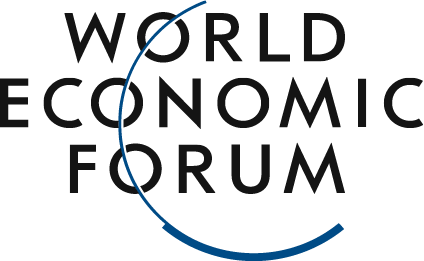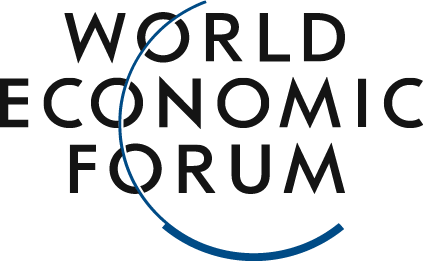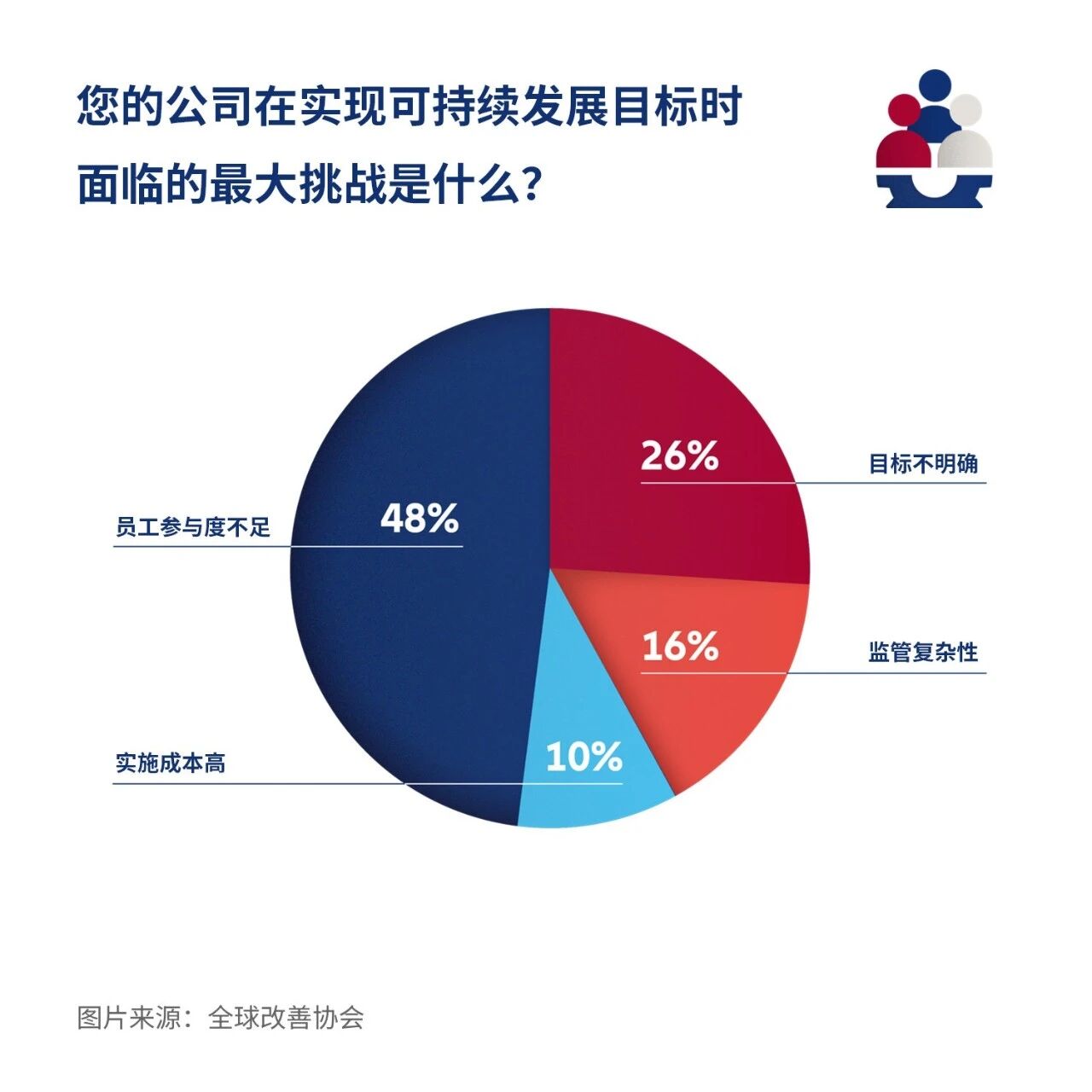

"The 'new skills trifecta' is crucial for future employability."
Image source:Shutterstock/Westend61 Premium
Ronit Avni
Founder and CEO of Localized
Just as digital literacy once served as the benchmark for workplace readiness, three emerging skills—carbon intelligence, virtual intelligence, and AI proficiency—are increasingly becoming the cornerstones of success in today’s job market.
As global environmental regulations tighten, employees at all levels now need to understand sustainability concepts such as carbon accounting and life-cycle assessment.
Workers not only need to learn how to use artificial intelligence effectively and ethically, but also master remote communication, digital etiquette, and hybrid work models.
Over the past 25 years, I've mastered internet operation and usage.Microsoft OfficeThe ability to use these tools has always been a fundamental requirement for landing white-collar jobs. While these digital skills remain crucial today, in today’s rapidly evolving economy, they alone are no longer sufficient.
In recent years, three new foundational skill sets have rapidly gained prominence, emerging as essential workplace competencies—much like spreadsheets and email once did. We call them the "New Skills Trio": Carbon Intelligence, Virtual Intelligence, and Artificial Intelligence (AI).
To stay at the forefront of workplace transformation, these skills should become a central component of higher education institutions, human resources departments, and government-led employment readiness programs.
1. Carbon Intelligence
From Singapore to CaliforniaAs the issue of climate change grows increasingly urgent, a surge of environmental regulations has emerged worldwide, rapidly elevating the importance of carbon intelligence. Companies now need to track, report, and mitigate the environmental impact of their operations and supply chains—more frequently and rigorously than ever before.
Understanding a company’s carbon footprint throughout the entire lifecycle of its products and services—from raw material procurement to end-of-life disposal—is becoming increasingly important. This isn’t just relevant for sustainability officers and supply chain managers—it also applies to employees across multiple departments.
The new regulatory framework, such as the one in Europe"Corporate Sustainability Reporting Directive", requiring the company to disclose detailed environmental performance data. Therefore, employees in various roles must master the fundamentals of carbon analysis, carbon accounting, and sustainability metrics.
This shift is already evident in hiring trends.A 2023 report by LinkedInIt has been found that demand for green skills has more than doubled year-on-year, far outpacing the availability of talent. Just as digital literacy once became essential, carbon intelligence is rapidly emerging as a universal skill. Spanning industries such as technology, retail finance, and hospitality, it offers a valuable safeguard against obsolescence as many roles are reshaped—or even replaced—by automation and AI-driven solutions.
2. Virtual Intelligence
The second pillar of the new three-part skill set isVirtual Intelligence, which refers to the ability to work effectively in a digital media environment—including full-time office settings. This skill set is essential for anyone collaborating across time zones, geographic regions, and platforms—whether with clients, colleagues, or partners.In other words, almost everyone in today's workplace needs to master this skill.
Virtual intelligence encompasses a wide range of capabilities, including professional communication, collaboration, digital etiquette, virtual mentoring, and the ability to balance work and life boundaries when personal and professional spaces overlap. It also involves managing performance and interpersonal relationships in situations where face-to-face interactions aren’t possible.
AsMcKinsey atAs emphasized in their recent analysis of workplace culture, organizations that thrive—whether operating fully remotely, in a hybrid model, or entirely on-site—invest in building five critical pillars of success: collaboration, connection, innovation, mentorship, and continuous learning. And at the heart of it all lies virtual intelligence, serving as the vital link that ties these pillars together.
The rapid global adoption of hybrid work models underscores the critical importance of these skills for retail managers, consulting advisors, educators, creatives, customer service representatives, and software teams. Whether you're pitching products to clients via Zoom or coordinating tasks with colleagues visiting family, virtual intelligence capabilities significantly influence your leadership and ultimate success.
3. Artificial Intelligence Proficiency
The third and most spotlighted skill in the trio of essential competencies is undoubtedly AI proficiency. While few people will become machine learning engineers, most knowledge workers still need to master the ability to integrate AI tools into their daily workflows. After all, not everyone has to become a software engineer to reap the benefits of the internet and acquire digital skills—and the same holds true for applying artificial intelligence in the workplace.
From writing assistance tools and data analytics platforms to design software and decision-support systems, AI is reshaping the way humans work. Today, the real question isn’t whether AI will impact your job—but rather, how you can leverage it to boost your productivity or unlock new levels of creativity. This involves knowing when to trust AI-generated outcomes, mastering the art of verifying those results, and—when combined with carbon intelligence—learning how to collaborate ethically, effectively, and sustainably with machines.
The World Economic Forum's "2023 Future of Jobs Report"Predictions suggest that within the next five years, artificial intelligence will disrupt 44% of workers' core skills. As automation accelerates, AI will enhance the value of human qualities such as judgment, situational awareness, "carbon intelligence," and ethical reasoning—skills that will ultimately shape the future workplace.
The New Benchmark for the Future Workplace
The new three-part skill set—carbon intelligence, virtual intelligence, and AI proficiency—has become the new benchmark for success in today’s workforce. These aren’t exclusive abilities reserved for experts or early adopters—they’re increasingly emerging as essential, fundamental skills that everyone should master, much like HTML, Word, or Excel once were.
For educational institutions, this means reimagining curriculum design to reflect the world graduates will soon enter—rather than the environment in which their professors were trained. For employers, it means prioritizing skills-development programs to cultivate talent for today’s tasks as well as tomorrow’s evolving business models. And for policymakers, it calls for crafting forward-looking, adaptable workforce strategies that prepare for the challenges of an ever-changing future.
The internet once reshaped the boundaries of business and careers. Now, a new set of three essential skills is sparking a similar transformation—redefining what it means to be workplace-ready and employable.

The above content solely represents the author's personal views.This article is translated from the World Economic Forum's Agenda blog; the Chinese version is for reference purposes only.Feel free to share this in your Moments; for reprints, please leave a comment at the end of the post or message us via our official.
Translated by: Sun Qian | Edited by: Wan Ruxin
The World Economic Forum is an independent and neutral platform dedicated to bringing together diverse perspectives to discuss critical global, regional, and industry-specific issues.
Follow us on Weibo, WeChat Video Channels, Douyin, and Xiaohongshu!
"World Economic Forum"


